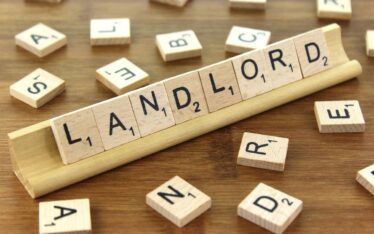A mortgage valuation could be classed as one of the most important parts of the full mortgage application process. But what happens if the house you are purchasing or remortgaging is undervalued?
Why an undervaluation might occur
A mortgage lender valuation will be based on a couple of factors: recently completed sales of similar properties in the immediate area and the current condition of the house you’re looking to buy. The reason a lender takes these factors into consideration is because they have a priority of protecting their debt and need to consider how difficult it would be to reclaim this debt if a house has been overvalued. Although it might seem like a mortgage valuation only benefits the lender, it’s also fairly useful for you to know if you might potentially be overpaying for a property you are intending to purchase (or indeed if it’s too cheap!)
How will an undervaluation affect my mortgage?
If a down valuation occurs it will affect the amount you will be able to borrow against the property. For example, let’s say you want to buy a property for £250,000 and have a 10% deposit i.e. £25,000. If the lender’s mortgage valuation comes in at £200,000, you will now only be able to borrow 90% of the property’s value i.e. £180,000. So if you add your original deposit of £25,000 to this it means you have £45,000 less than you need to buy the property you want.
What are my options in the event of an undervaluation?
If a lender has undervalued the property you are purchasing or remortgaging you have a few options open to you:
- Make up the shortfall. This is often easier said than done but is probably the most straightforward solution to an undervaluation. You can make up the difference yourself if you have the available funds or borrow from a friend or relative. However, be careful not to overpay for a property just because you may have fallen in love with it.
- Renegotiate the price. If you are purchasing the property, you could try renegotiating the price with the seller. You can do this directly with the vendor or via the estate agent. Sometimes the price renegotiation may move both up and down the chain so it may take longer than expected.
- Appeal the valuation. You could ask the valuer to reconsider their decision. If there was insufficient evidence of recently sold similar properties at the time of the valuation you could work with the estate agent to help provide further examples of comparable properties.
- Switch lender. This is more of an extreme solution and is not always guaranteed to work but you could use a different lender and hope they take a different stance on the value of the property.
The last thing you could do (if you haven’t already) is contact us and we can arrange for an expert to contact you to discuss your needs. We are a whole of market broker and our advisers can introduce you to a different lender who may be better equipped to cater for your circumstances. Plus, when you go via our portal our service is fee-free.
YOUR HOME MAY BE REPOSSESSED IF YOU DON’T KEEP UP REPAYMENTS ON YOUR MORTGAGE
Any guidance and/or advice contained within this document is subject to the UK regulatory regime and is therefore restricted to consumers based in the UK. Any technical or regulatory information contained within this document was correct at the time of producing it but as it may be subject to change it should not be exclusively relied upon when making a financial decision. The Financial Conduct Authority does not regulate advice on Buy to Let mortgages.
MZ000185 270321





